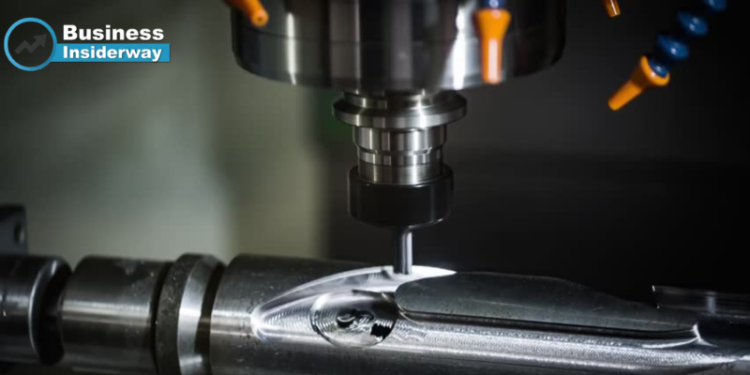Rapid prototyping has become a cornerstone of modern manufacturing, allowing for the quick iteration and refinement of designs. CNC machine companies are at the heart of this revolution, providing the tools and technology needed to bring ideas to life with unprecedented speed and precision. As we look to the future, the role of CNC machines in rapid prototyping continues to evolve, offering new possibilities and driving innovation across various industries.
Precision and Accuracy
The precision and accuracy of CNC machines are unmatched, making them essential for rapid prototyping. When creating prototypes, even the smallest error can lead to significant issues down the line. CNC technology ensures that each prototype is produced to exact specifications, allowing designers and engineers to test and refine their ideas with confidence. This level of precision not only speeds up the prototyping process but also enhances the quality of the final product.
Speeding Up the Design Process
One of the primary benefits of using CNC machines for rapid prototyping is the significant reduction in turnaround time. Traditional methods of prototyping can be time-consuming and labor-intensive, often involving multiple steps and manual adjustments. With CNC machines, the entire process is streamlined. Once a design is programmed into the machine, it can be produced quickly and accurately. This efficiency allows for multiple iterations in a short period, enabling designers to test and refine their concepts more rapidly than ever before.
Cost-Effective Prototyping
For businesses, especially startups and small enterprises, managing costs is crucial. CNC machines offer a cost-effective solution for rapid prototyping. By reducing the time and labor required to produce prototypes, CNC technology helps keep expenses down. Additionally, the precision of CNC machining minimizes material waste, further lowering costs. This affordability makes it accessible for companies of all sizes to engage in rapid prototyping, fostering innovation and competition.
Versatility in Materials
CNC machines are incredibly versatile when it comes to the materials they can work with. From metals and plastics to composites and wood, CNC technology can handle a wide range of materials with ease. This versatility is particularly beneficial for rapid prototyping, as it allows designers to experiment with different materials and find the best fit for their needs. Whether creating a durable metal part or a lightweight plastic component, CNC machines provide the flexibility needed to explore various options and make informed decisions.
Enhancing Creativity and Innovation
The ability to quickly and accurately produce prototypes has a profound impact on creativity and innovation. Designers and engineers can push the boundaries of their ideas, knowing that they can quickly test and refine their concepts. This iterative process fosters a culture of experimentation and risk-taking, leading to breakthroughs and advancements. CNC machine companies play a crucial role in this environment, providing the tools that enable innovators to bring their visions to life.
Streamlining the Production Pipeline
Rapid prototyping with CNC machines doesn’t just benefit the design phase; it also streamlines the entire production pipeline. By using CNC technology to create prototypes, companies can identify and address potential issues early in the development process. This proactive approach reduces the likelihood of costly and time-consuming problems during mass production. As a result, products can move from the design stage to market more quickly and efficiently, giving companies a competitive edge.
Supporting Customization and Personalization
In today’s market, customization and personalization are increasingly important. Consumers and businesses alike are looking for products that meet their specific needs and preferences. CNC machines are well-suited to support this demand, allowing for the rapid production of custom prototypes. Whether it’s a one-off design or a small batch of personalized items, CNC technology enables the creation of unique products without compromising on quality or efficiency. This capability is particularly valuable in industries such as automotive, aerospace, and consumer goods, where bespoke solutions are often required.
Looking Ahead: The Future of CNC and Prototyping
As CNC technology continues to advance, the future of rapid prototyping looks promising. Innovations in automation, artificial intelligence, and machine learning are set to further enhance the capabilities of CNC machines. These advancements will likely lead to even faster turnaround times, greater precision, and more complex designs. Additionally, the integration of CNC technology with other manufacturing processes, such as 3D printing, holds exciting potential for creating hybrid solutions that combine the best of both worlds.
CNC machine companies are at the forefront of this evolution, driving the future of rapid prototyping and shaping the landscape of modern manufacturing. By providing the tools and technology needed to bring ideas to life quickly and accurately, they are enabling a new era of innovation and creativity across industries. As we look ahead, the impact of CNC technology on rapid prototyping is set to grow, offering new opportunities and possibilities for businesses and innovators alike.














